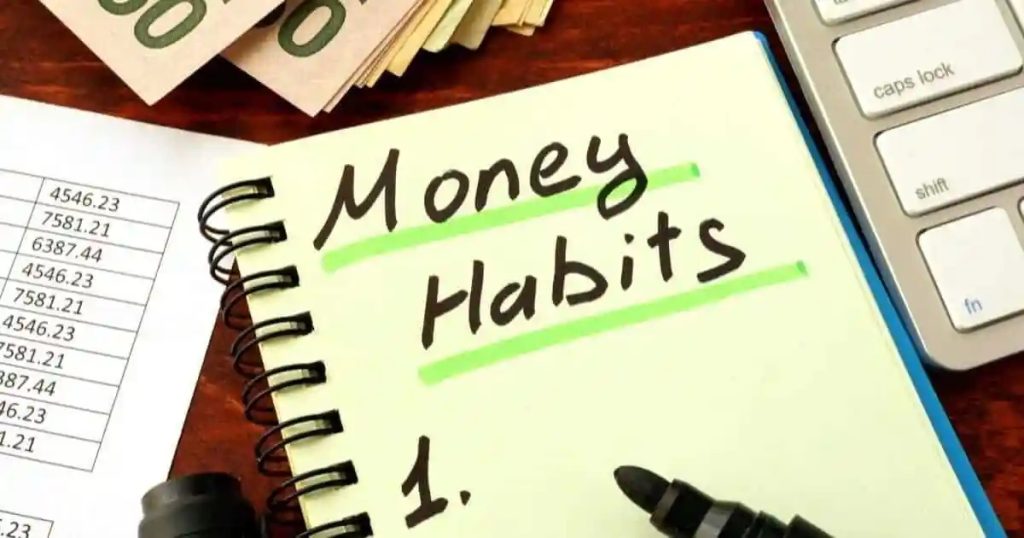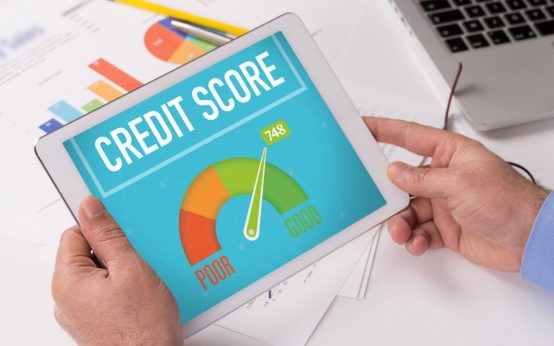
With a good credit score, you will have access to a variety of financial opportunities, such as a new car, a loan or the purchase of a new house.
How to improve your credit score:
1. Know how to stay within your financial range – Spend only what you can afford;
This is the first habit you should acquire when it comes to building your credit, it may seem obvious but it is overlooked by many people. You should buy only what you can afford, staying within your financial range, managing your debt-to-income ratio, and avoiding blowing up credit accounts
If you don’t follow this simple step, it will lead to you accumulating missed payments, which will hurt your credit score.
2. Be organized – Always monitor your credit score;
Just like in many areas of life, organization is an essential factor when it comes to your finances. Don’t make the mistake of missing payments because you have no idea when or what bills need to be paid.
Keep dates and bills organized, monitor your credit reports, track credit balances to lessen the chance of missing any deadlines. Given that payment history is 35% of your credit score, making payments on time is crucial to keeping your credit score high.
3. Know how to spend consciously – Set priorities
A great way to build credit is to use your line of credit to make purchases regularly. However, it is necessary to establish priorities. In other words, you must learn to prioritize your needs before buying what you want. Spending too much on superfluous things can deplete your income and leave you with nothing left to pay important bills.
So, it’s always good to make sure that all your bills are paid and that you have enough funds to cover the most important expenses.
4. Be proactive – act immediately and keep your payments in balance
If you miss a payment, don’t panic about your credit score. What you should do is stay calm and find a way to get the balance right as quickly as possible.
Of course, missed payments will negatively affect your credit score, but it will only get worse if you don’t take the necessary steps.
In case you make some mistakes, being proactive to correct them will help you surpass those mistakes in the long run. And with every good decision you make, your credit limit will have a chance to grow.
5. Inform yourself – Read the fine print carefully before purchasing products or services
Many people tend to purchase products or services quickly without taking the time to learn more about them. This is very common with financial services and their associated products, such as a car loan or various student loans. As people generally need these services very much, they tend to jump on an opportunity quickly without paying proper attention to terms and fine print. Thus, in a short time they have many accounts open and cannot cover the debts they have taken on.
So, know how to do your research before taking on debts like the ones mentioned. This also applies to purchasing a new credit card. Always choose the best option for your financial health.



 Build Credit the Easy Way
Build Credit the Easy Way  Learn about the best companies to consider investing in the midst of an inflation boom
Learn about the best companies to consider investing in the midst of an inflation boom  How to improve credit for any financial circumstance
How to improve credit for any financial circumstance